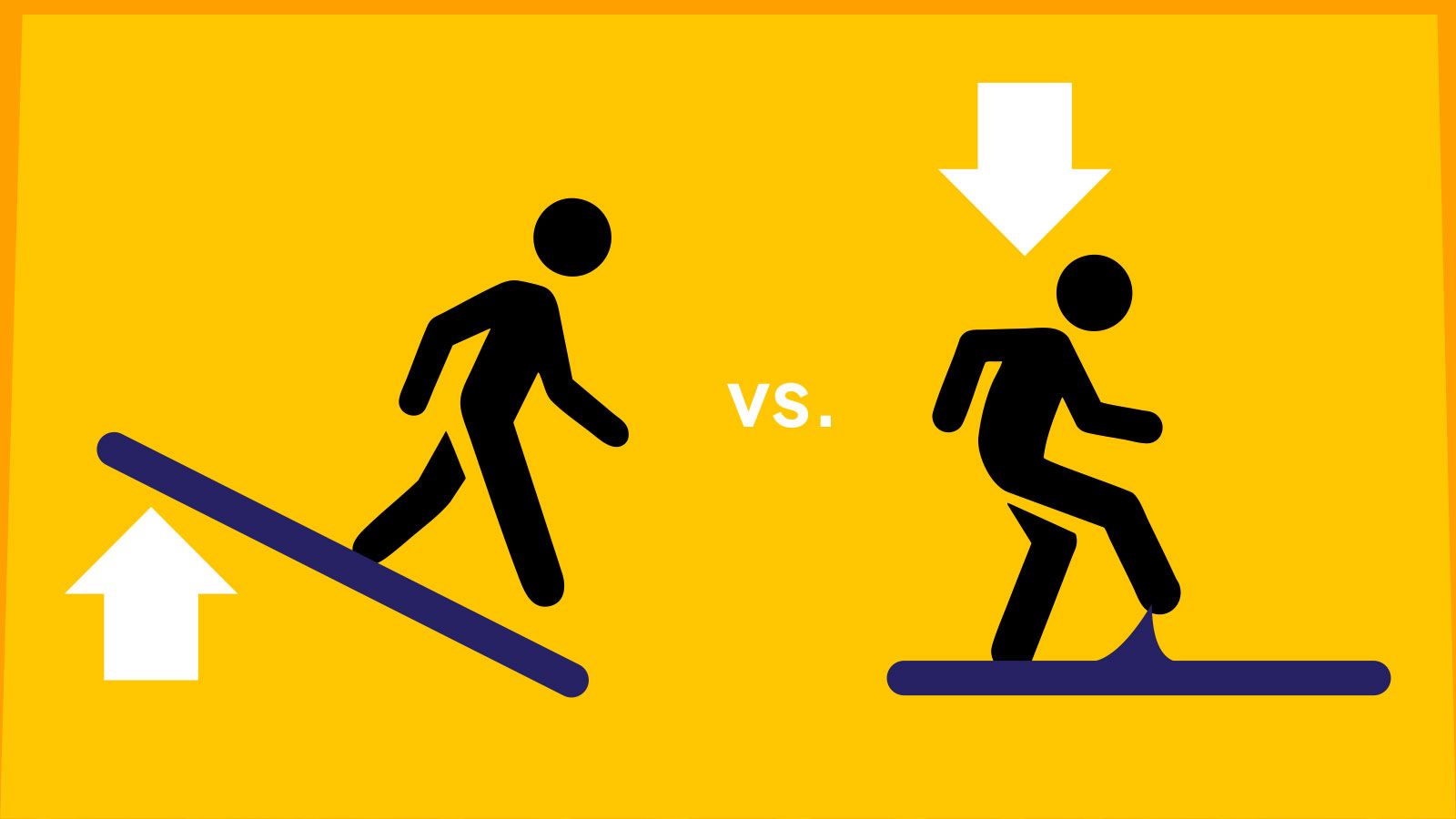Behavioral science plays a large role in how our strategy and marketing work. As “Choice Architects,” we consider behavioral biases and psychological responses in most of the work we do — whether that’s color theory, copywriting, User Experience (UX), or other tools-of-the-trade. This knowledge comes with responsibility. With morality and integrity, the line between suggestion and manipulation in marketing is distinct and vast. As it should be. However, without standards, that line becomes faint and blurry, at best.
Welcome to a series we call “Bad Behavior.” In these articles we’re going to examine the bad-side of choice architecture and how to recognize some of the more devious practices. We’ll expose how dodgy marketers use behavioral science to manipulate, exploit, deceive, and unscrupulously influence your behavior.
Let’s begin with — Nudge vs. Sludge.
Nudge
Nudge, in choice architecture and marketing, aims to guide consumers toward certain decisions by making desirable and intuitive actions easier. Designed nudges are all around you, from the alarm in your car that only goes off after you’ve fastened your seatbelt to using green buttons on websites to increase clicks.
One of my favorite examples of nudge marketing is the “round-up for charity” option some stores offer at the point of purchase. This plays upon our inherent instincts to facilitate even numbers for the benefit of a good cause.
Sludge
Sludge1 marketing is a term used when marketers intentionally introduce excessive friction to make tasks more difficult. As the name implies, this is a loathsome practice often associated with gyms and subscription services who make it simple to join and nearly impossible to quit. Unfortunately, we find that sludge marketing is most often used by organizations who claim to serve or help us, like governments and insurance companies.
In our professional experience, the biggest offenders of sludge marketing are the government, financial aid companies, insurance agencies, and generally any company owned by Intuit.
Pay close attention next time you are in a grocery store or sales transaction, good or bad, you’re likely be lead to a particular outcome.
1. the term Sludge was coined by behavioral economist Richard Thaler and legal scholar Cass Sunstein. They wrote a great book called, Nudge, Improving Decisions About Money, Health, and the Environment. We highly recommend it if you’re interested in this topic.




0 Comments